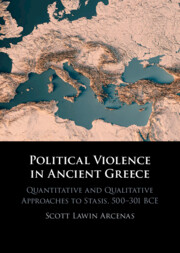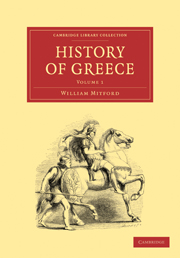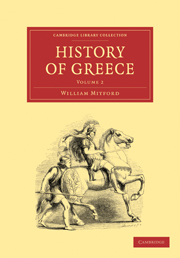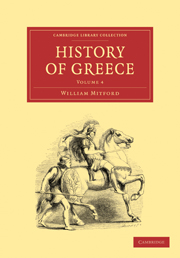Political Violence in Ancient Greece
Political violence, which the ancient Greeks called stasis, was a fundamental aspect of Greek society. In this book, Scott Arcenas reshapes our understanding of this important phenomenon. He argues that it differed fundamentally from its analogues in both ancient and modern societies and that in most poleis it occurred with high frequency but very low levels of violence. Stasis therefore promoted economic growth, institutional innovation, and cultural creativity in a variety of important and surprising ways. In order to undertake this study, Dr Arcenas introduces new methods and tools to confront some of the greatest methodological challenges that face scholars of the ancient world: evidentiary scarcity, evidentiary bias, epistemic uncertainty, and lack of clarity regarding the explanatory value of our sources' silence. The book is therefore required reading for a wide range of scholars and students of ancient history.
- Reshapes our understanding of political violence in the ancient world
- Introduces new methods and tools to overcome four of the biggest methodological challenges facing scholars of the ancient world
- Shows how the study of ancient history can benefit from engagement with the social sciences
Product details
October 2025Hardback
9781009522885
376 pages
244 × 170 mm
100 b/w illus.
Not yet published - available from October 2025
Table of Contents
- Introduction
- Part I. What was Stasis?:
- 1. Defining stasis
- 2. Stasis narratives
- 3. Stasis and civil war
- Part II. The Frequency of Stasis:
- 4. The frequency of stasis: an introduction
- 5. The silence of Thucydides
- 6. The value of silence
- 7. The frequency of stasis at thebes
- 8. Beyond thebes
- Part III. The Intensity of Stasis:
- 9. The violence of stasis
- 10. The distribution of violence
- 11. Qualitative analysis
- 12. Quantitative implications
- Conclusion
- Appendix A: the frequency of stasis at Herakleia Pontike
- Works Cited
- Index.






